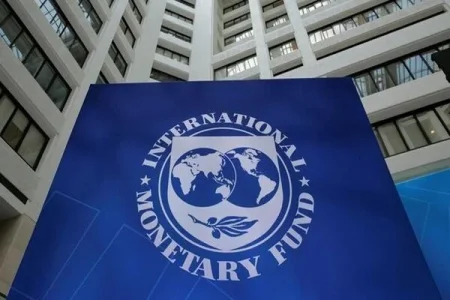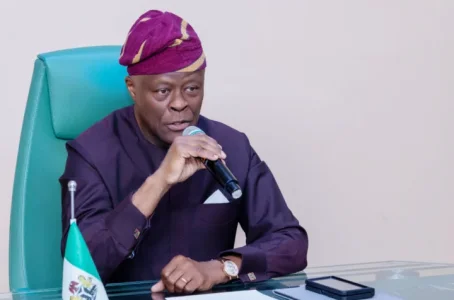
The IMF recently clarified that it had no involvement in Nigeria’s decision to remove fuel subsidies, emphasizing that the policy was a domestic choice. During a press conference, IMF's Abebe Selassie highlighted the need for social investments to mitigate the impact on vulnerable Nigerians amid rising inflation and economic strain.
The International Monetary Fund (IMF) recently clarified its stance on Nigeria's removal of fuel subsidies, stating it had no involvement in the decision. This policy change, which has led to higher inflation and financial strain for Nigerian citizens, was independently undertaken by the Nigerian government, according to IMF officials.
During a press briefing at the IMF and World Bank Annual Meetings in Washington, D.C., Abebe Selassie, IMF's Director for the African Region, emphasized that the organization did not influence Nigeria’s decision. “This was a domestic policy choice,” Selassie stated, explaining that the IMF maintains only an advisory role in Nigeria, offering dialogue similar to its engagements with countries like Japan and the United Kingdom.
Selassie acknowledged the economic challenges currently affecting Nigerians due to the subsidy removal. He emphasized the IMF’s position that Nigeria’s decision aims to enhance the sustainability of its economic resources. He further urged the Nigerian government to implement social protection measures, aimed at supporting vulnerable groups through this transition.
The IMF representative expressed that Nigeria’s choice to redirect funds previously allocated to subsidies toward investments in essential sectors like infrastructure, education, and healthcare reflects its long-term growth strategy.




